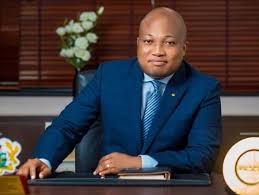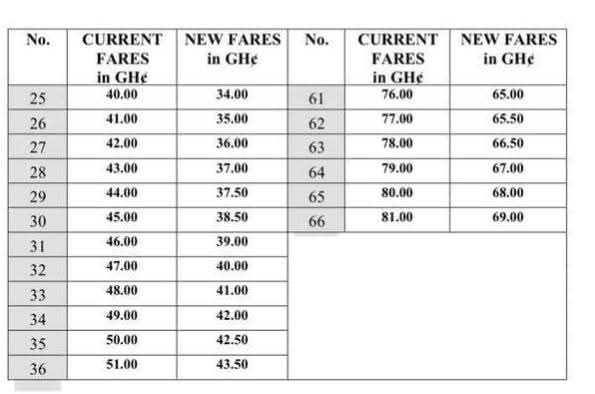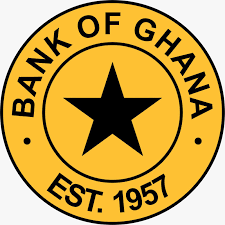The Bank of Ghana has appointed three leading economists as advisors to its Monetary Policy Committee (MPC) in a strategic move to enhance policy formulation and macroeconomic stability.
Dr. John Kwabena Kwakye, Director of Research at the Institute of Economic Affairs (IEA); Professor John Gatsi, Dean of the University of Cape Coast Business School; and Dr. Francis Kumah, a former International Monetary Fund (IMF) Resident Representative, were named as the new appointees at the opening of the central bank’s 124th MPC meeting in Accra on 21 May 2025.
Describing the appointments as pivotal, Governor Dr. Johnson Pandit Asiama praised the trio as “distinguished professionals with deep technical expertise and policy insight.” He stressed that their inclusion reflects the Bank’s broader efforts to modernise and diversify the perspectives that shape monetary decisions in Ghana.
The new advisory team brings a combination of academic rigor, global experience, and local policy relevance—qualities that the Bank says are essential in confronting the evolving economic landscape.
“These appointments are not only about enhancing technical depth,” Dr. Asiama noted, “but also about ensuring that the economic policies we craft are inclusive, forward-looking, and grounded in robust evidence.”
Notably, Professor Gatsi is expected to play a leading role in expanding Ghana’s non-interest banking sector—commonly known as Islamic banking. His expertise in finance and legal-economic frameworks will be critical in supporting the central bank’s ambition to deepen financial inclusion through alternative banking models.
The appointments come at a time when the MPC faces mounting pressure to consolidate the country’s fragile economic recovery. The Ghana cedi has appreciated by 19% since the beginning of the year, prompting a reassessment of exchange rate sustainability and inflation expectations.
With signs of renewed investor confidence and easing inflationary pressures both locally and globally, the Bank is aiming to strike a delicate balance between maintaining growth momentum and ensuring price stability.
The MPC’s next major policy decision, particularly regarding the benchmark interest rate, is scheduled to be announced on Friday, 23 May. Analysts are closely watching to see how the newly broadened advisory structure will influence the Committee’s approach to monetary tightening or easing.
For many observers, the introduction of these new voices into Ghana’s economic leadership marks a turning point. It signals the central bank’s recognition that economic policymaking must adapt to new realities—including the growing complexity of global financial systems, the demand for inclusive growth models, and the urgent need for trust and transparency in public institutions.
Whether through technical modeling, macroeconomic forecasting, or championing alternative finance, the new advisors are expected to reshape how the central bank engages with economic challenges—and with the Ghanaian public.
As the nation continues to navigate its post-crisis economic trajectory, the Bank of Ghana’s decision to strengthen its policy apparatus may prove to be one of the most consequential moves in ensuring long-term financial resilience















